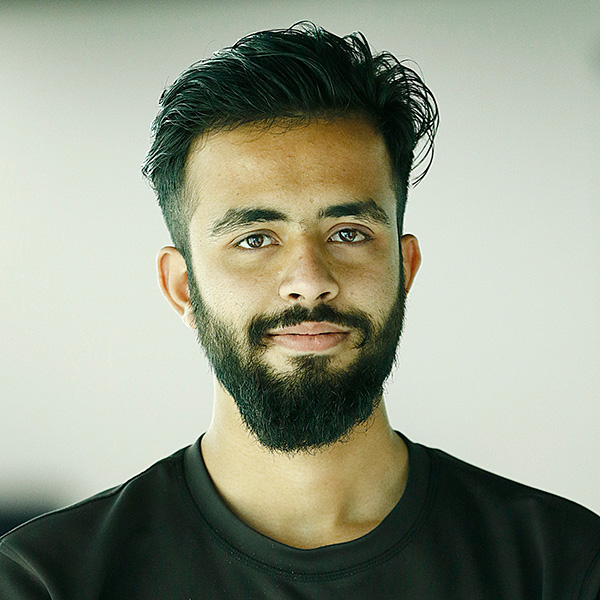Health
Government receives five applications for the post of vice-chairperson of Medical Education Commission
Medical activists call for a fair process to pick a deserving candidate
Nayak Paudel
The government has received five applications for the post of vice-chairperson of the Medical Education Commission. As the 15-day deadline ended on Monday, medical activists have asked the government to appoint a deserving candidate for the post.
On June 24, the government published a notice, calling interested candidates, who meet the criteria set by the National Medical Education Act-2075, to apply in the first ever vice-chairperson appointment process.
“We have received five applications for the post. We will submit them to the chairman of Public Service Commission on Tuesday,” Hari Lamsal, joint-secretary at the Ministry of Education, told the Post.
As per the Act, the commission will regulate the overall medical education sector and frame a national policy for it. It will also be authorised to grant or revoke affiliations to medical colleges.
As per the law, a Nepali national with a Master’s in a medical discipline and an experience of 20 years or someone with an experience of 10 years in medical education and 20 years in the medical sector can apply for the post. The age limit of the candidates 45 to 61 years.
The Act also clearly states that the candidate should not have been proven guilty of a criminal offence or corruption by the court.
The National Medical Education Bill endorsed by the National Assembly on January 31 was authenticated by President Bidya Devi Bhandari before the law came into force. But the post of vice-chairperson, who is the head of the executive committee, has remained vacant since.
Medical activists have warned the government not to play a dubious role, as in endorsing the medical education bill, in the appointment process.
“The commission has absolute power to bring necessary reforms in medical and education sectors. With the government playing a dubious role earlier while endorsing the medical education bill, we doubt proper appointment of the vice-chairperson,” Dr Govinda KC, who has staged 16 hunger strikes demanding reforms in medical education, told the Post.
While discussions on the medical education bill were ongoing at the parliamentary committee and the subcommittee on education and health, changes were made in the bill, inviting opposition from medical activists and opposition lawmakers.
KC launched his 16th hunger strike on January 9, protesting the changes and demanding inclusion in the bill agreements reached earlier by the government with him.
KC had also demanded that the government honour the recommendations of the report furnished by the high-level commission led by Kedar Bhakta Mathema.
But despite the opposition and reservations, Nepal Communist Party (NCP) lawmakers bulldozed the bill, in the form they had amended, with the power of a two-thirds majority through the parliamentary committee, the House of Representatives and the National Assembly.
As the government did not stick to its agreements and showed no concern for the amendments sought by medical activists and experts, KC ended his 24-day-long hunger strike on February 1.
In a statement on Sunday, Dr Jeewan Kshetry, coordinator of the Solidarity for Dr KC Alliance, had also cautioned the government to appoint a deserving candidate as vice-chairperson.
“If the candidates are not enough and not capable to be appointed as vice-chairperson, the government should extend the deadline once again,” Kshetry, who is also a member of KC’s talks team, told the Post. “The government can also bear the responsibility of convincing a suitable candidate for the post if it wants to make the commission work for public good.”




 5.12°C Kathmandu
5.12°C Kathmandu















